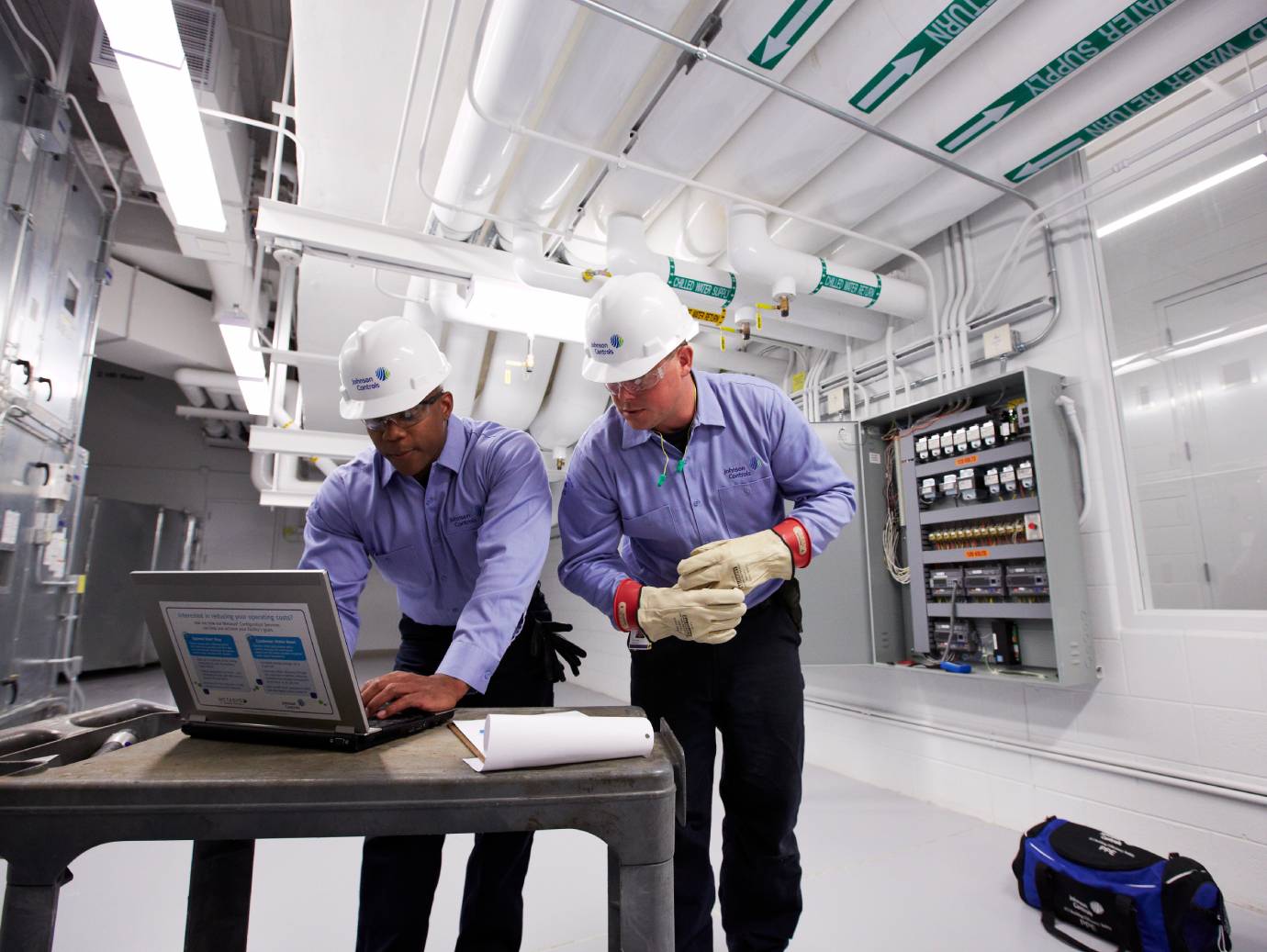High-Quality Repairs for Your Equipment Provided by DMAKS HVAC.
High-Quality Repairs for Your Equipment Provided by DMAKS HVAC.
Blog Article
Energy-Efficient HVAC Equipments to Reduce Energy Bills
As power expenses remain to increase, the importance of energy-efficient a/c systems comes to be significantly noticeable. These systems not just assure substantial financial savings on energy bills yet likewise add to an extra lasting future by decreasing power consumption. With various choices available, including geothermal heat pumps and ductless mini-splits, building owners face a multitude of choices that can enhance comfort and air quality. Comprehending the essential functions and maintenance needs is crucial to taking full advantage of these advantages. What variables should be prioritized when choosing the ideal system for your demands?
Benefits of Energy-Efficient HVAC Systems
Energy-efficient HVAC systems offer countless benefits that extend past simple price financial savings. One significant benefit is the lowered ecological effect. By taking in much less energy, these systems add to lower greenhouse gas exhausts, aiding to fight environment modification and advertise sustainability. This aligns with increasing social demands for eco-friendly methods in residential and commercial settings.
In addition, energy-efficient heating and cooling systems frequently provide enhanced convenience degrees. Much of these systems include sophisticated technology that enables much better temperature control and enhanced air high quality (DMAKS HVAC). This leads to a much healthier interior setting, which is specifically crucial for people with allergic reactions or breathing issues
Moreover, investing in energy-efficient cooling and heating systems can improve building worth. As even more consumers focus on energy effectiveness, homes and buildings equipped with these systems might attract greater quotes in the actual estate market.
Sorts Of Energy-Efficient HVAC Options
How can house owners and businesses choose the most ideal energy-efficient HVAC choices for their requirements? The marketplace provides a variety of energy-efficient heating and cooling systems, each made to improve convenience while decreasing energy intake.
One alternative is the variable refrigerant circulation (VRF) system, which successfully manages the temperature level in numerous areas within a building. This system adapts its cooling agent flow to match the preferred temperature, bring about substantial energy savings.
Another prominent option is geothermal warm pumps, which use the earth's stable temperature level to heat and amazing spaces. By moving heat to and from the ground, these systems show outstanding efficiency, particularly in moderate environments.
Furthermore, ductless mini-split systems offer an energy-efficient alternative for homes doing not have ductwork. These systems enable for zone-specific heating & cooling, decreasing power waste in empty locations.
Finally, high-efficiency furnaces and air conditioners, with innovative SEER and AFUE rankings, use reliable climate control while taking in less energy than typical models. By assessing these alternatives, house owners and companies can select an a/c system customized to their details needs and energy performance objectives.
Key Features to Consider

Following, examine the type of compressor made use of in the system. DMAKS HVAC. Variable-speed compressors can adjust their output to match the heating or cooling down need, bring about enhanced convenience and power cost savings compared to single-speed models. Furthermore, seek systems equipped with wise thermostats that supply programmable setups and remote accessibility, permitting better control over energy intake
Another essential function is the system's air filtering capacity. High-efficiency next filters can improve indoor air quality and minimize power usage by guaranteeing the system runs efficiently. Additionally, think about the kind of cooling agent made use of; contemporary systems commonly utilize eco-friendly cooling agents that have a reduced ecological effect.
Last but not least, guarantee that the system works with zoning innovation, which allows for tailored temperature level control in various areas of your home, boosting convenience while decreasing energy usage.
Tips for Selecting the Right System


Next, consider power effectiveness scores, especially the Seasonal Power Efficiency Ratio (SEER) for Recommended Site cooling systems and the Annual Fuel Usage Performance (AFUE) for heating unit. Higher scores suggest higher efficiency, which can lead to considerable cost savings on energy expenses in time.
Furthermore, evaluate the sort of a/c system that best suits your way of life and budget. Options include central air conditioning, ductless mini-splits, and warmth pumps, each with its very own collection of advantages and drawbacks.
Do not forget the relevance of proper setup and sizing; an incorrectly sized system can lead to inadequacies and boosted wear. Consult with a specialist A/c specialist to get expert referrals tailored to your home's unique needs. This thorough method will certainly ensure that you choose an energy-efficient heating and cooling system that fulfills your requirements and budget plan efficiently.
Maintenance for Ideal Effectiveness
When the ideal a/c system is in place, continuous maintenance becomes crucial to guaranteeing optimal performance and durability. A properly maintained system operates more straight from the source efficiently, leading to lower power consumption and lowered utility expenses. Regular inspections and tune-ups must be scheduled a minimum of twice a year-- as soon as before the air conditioning season and as soon as prior to the heating period.

Property owners need to likewise be vigilant concerning monitoring their heating and cooling system's performance. Unusual noises, fluctuating temperature levels, or boosted power expenses can indicate underlying issues that call for prompt interest. By dealing with these concerns quickly, house owners can avoid pricey repairs and prolong the life-span of their systems.
Investing in an upkeep plan with a certified technician not just boosts effectiveness but additionally provides assurance, understanding that the system is running at its ideal. DMAKS HVAC. Routine maintenance is therefore crucial for sustaining energy effectiveness and lowering general operational expenses
Final Thought
To conclude, energy-efficient cooling and heating systems present a practical option for lowering utility bills while boosting convenience and air top quality. By incorporating innovative technologies and choices such as geothermal heatpump and ductless mini-splits, homeowner can achieve significant power cost savings and add to ecological sustainability. Careful consideration of system features and recurring maintenance even more guarantees ideal performance, making energy-efficient systems a sensible investment for both economic and ecological benefits.
Report this page